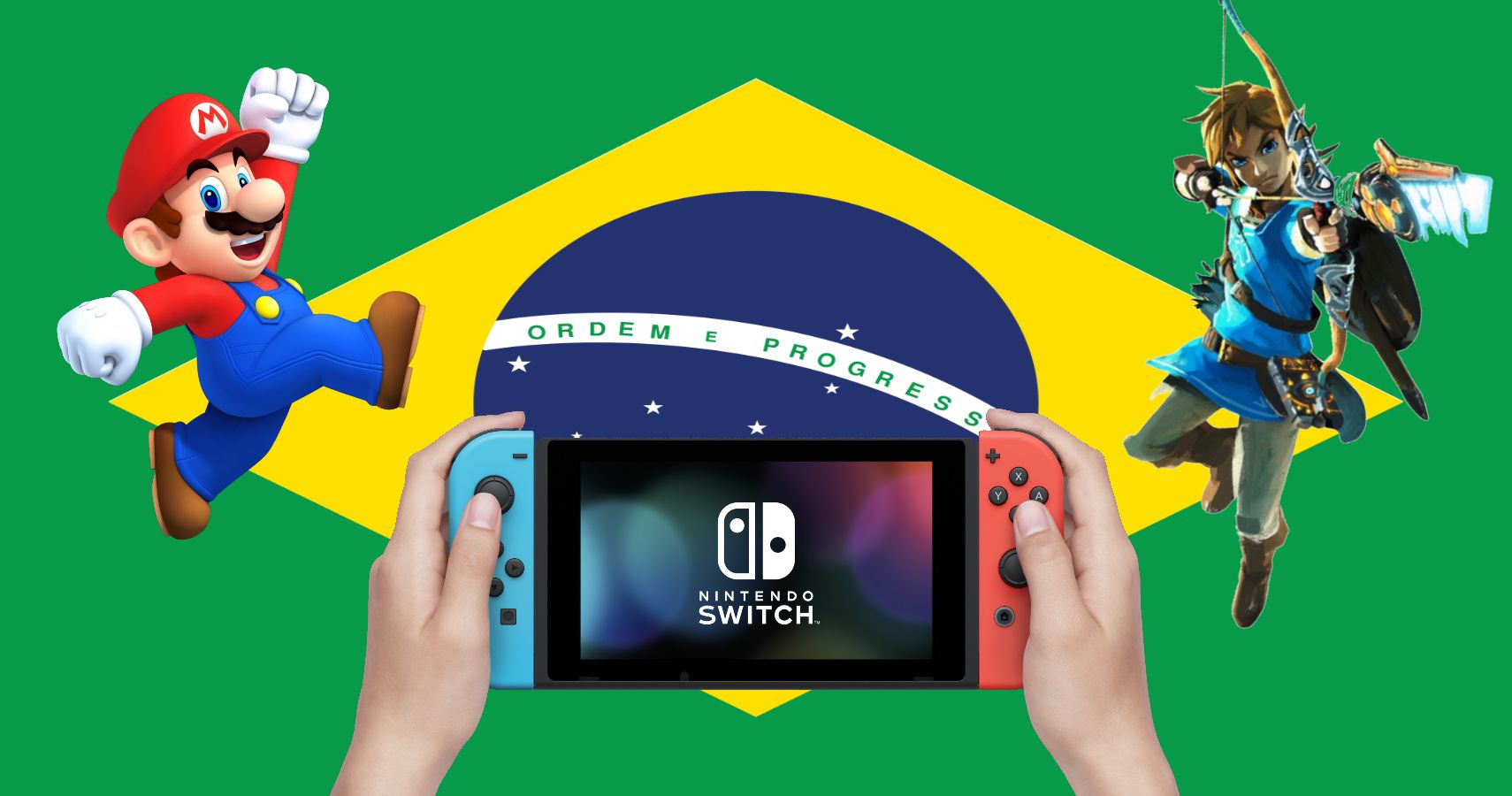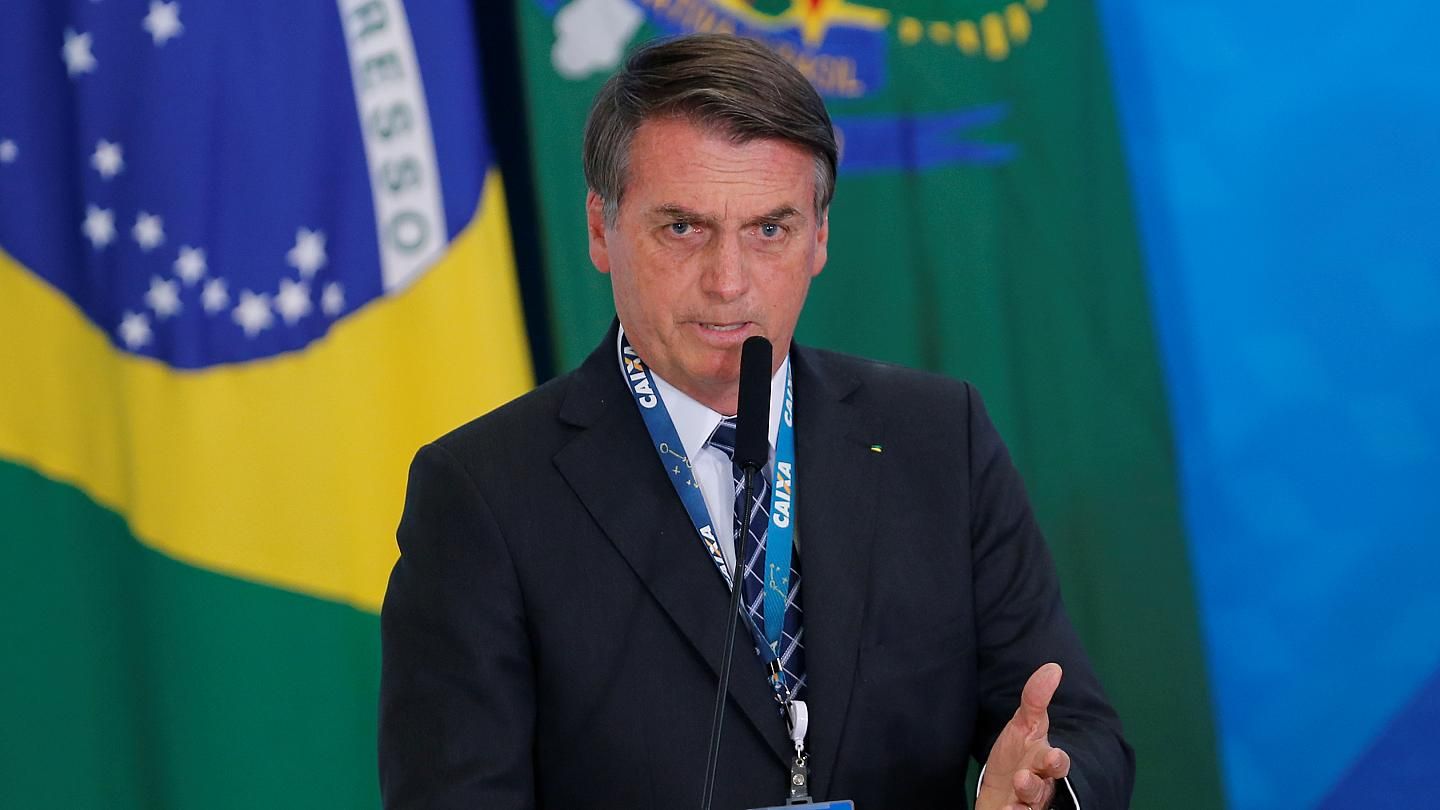After a long wait, Nintendo has announced that the Nintendo Switch will finally be launching in Brazil. The announcement comes as a surprise as there has been nothing to indicate that Nintendo was actively working to expand into the Brazilian market, especially over three years after the Switch's launch.
This does not mean that the Switch is completely absent in Brazil, but it does mean that consoles need to be imported from elsewhere with large markups and import tariffs, meaning that few people can access the console and its games. While a formal announcement from Nintendo is a step in the right direction, the cost to consumers will still be far higher than what most people pay around the world due to the government’s policy on taxation for games.
Brazil has been a problematic area with video games not permitted at all for importation until the 1990s and were then heavily taxed as non-essential goods. Pirating games has been one of the only ways for people without the socioeconomic means of paying large markups to play games at all.
Despite the efforts of several organizations to succeed legitimately in Brazil, these policies have made it difficult, and to such extreme levels in some cases that some leave entirely. In early 2015, Nintendo formally announced that it was ending its console and games distribution in the region, citing specifically the reason being, “high import duties that apply to our sector.”
At the time, purchasing a PlayStation 4 in Brazil would cost nearly $1,500 USD after paying all necessary taxes, while an Xbox One would cost around $800 USD. It is understandable how difficult it would be to achieve a profitable level of market penetration to make distribution in a country worthwhile.
The announcement by Nintendo to launch the Nintendo Switch is most likely due to the shift in Brazil’s tariffs. In August of 2019, President Jair Bolsonaro announced that taxation on the import of several products was being drastically lowered. The rates of the Tax on Industrialized Products (IPI), in which consoles, games, and accessories falls into, was reduced to as low as 16% in some cases, down from as high as 50%.
In total, there were 2,300 products affected by the slashing in import tariffs and has made Brazil a far more attractive market than it has been for nearly thirty years. For now, Nintendo states that players should keep an eye out for more news, as the console will be launching in Brazil “soon.”
Source: Nintendo of America, Polygon.com, wsj.com


